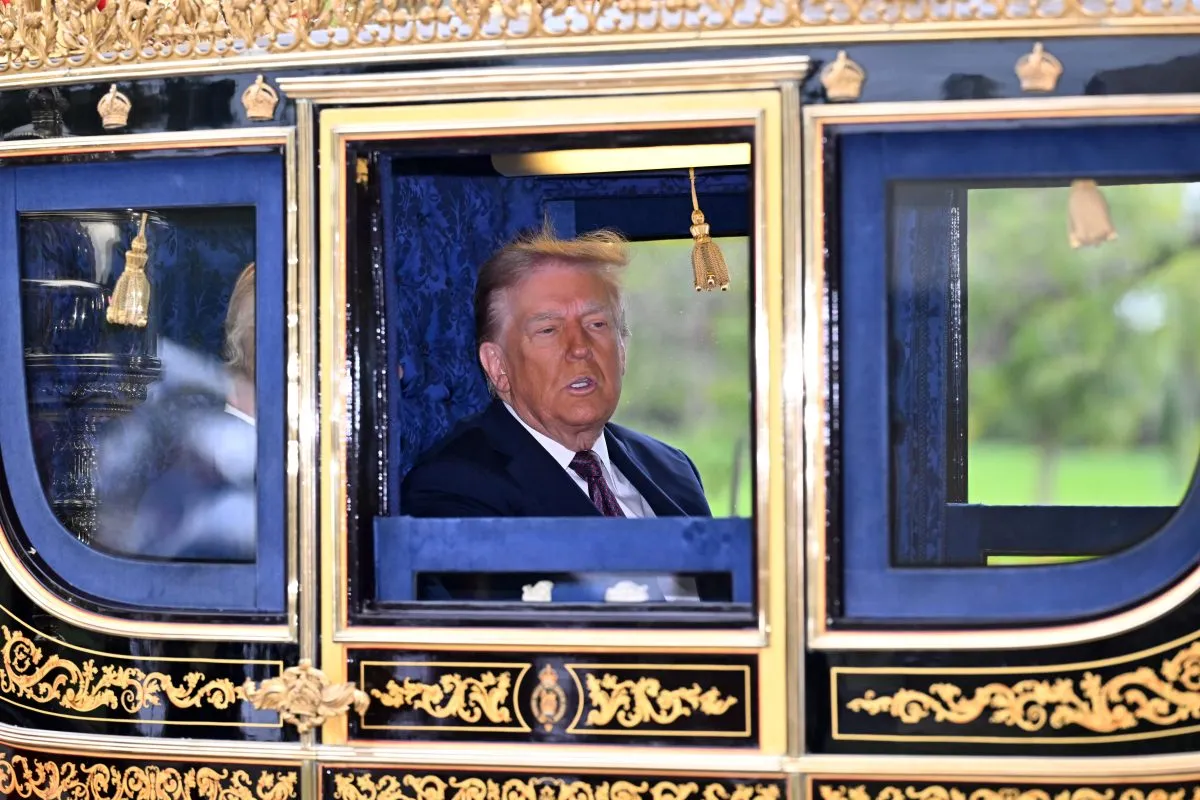By Matt Hardy
Copyright cityam

Sports merchandise and apparel firms are being forced to be more flexible due to President Donald Trump’s ever-changing tariff policies, according to a leading investment bank.
Moves by Trump have impacted the share price of major firms in the sporting space, while US import costs for merchandise made in high tariff countries is hitting the consumer.
While tariffs are hit on the export cost of, say, a football shirt rather than its retail value, the cost is likely to be passed on to the consumer.
The Houlihan Lokey “Fit for the Future” report states that “geopolitical developments and evolving trade dynamics are prompting companies in the sporting goods industry to reassess their global strategies,” adding that 84 per cent of surveyed executives are “closely monitoring political shifts” and “are proactively preparing for potential changes in cost structures and supply chain complexity”.
It comes as Prime Minister Keir Starmer and King Charles III have welcomed Trump on an unprecedented second State visit this week, with tariffs set to be discussed as part of talks at the Chequers estate throughout Thursday.
Trump forcing flexibility
The United Kingdom secured favourable tariffs in relation to close geographical partners such as the European Union, but the charges are higher than they were before Trump’s presidency.
Thomas Egli, of Houlihan Lokey’s Consumer Group, told City AM that “companies in the sporting goods sector are operating in a highly dynamic global environment, where trade policies and supply-chain pressures can influence costs, margins, and operational decisions”.
He added: “Leading brands are taking a proactive approach by diversifying sourcing, exploring local production, and investing in automation to increase resilience. As brands expand into new categories and price tiers, anchoring themselves to a clear purpose becomes increasingly important.
“Those that combine operational flexibility with thoughtful brand stewardship will be best positioned to protect value and sustain growth in a fast-changing and unpredictable market.”
The report added that “tariff uncertainty is encouraging brands to rethink sourcing, explore local production, and accelerate automation – strengthening resilience and unlocking new efficiencies in a rapidly evolving trade environment”.



